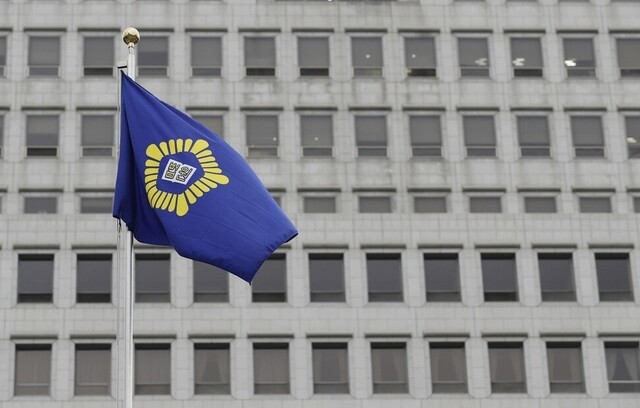 material photo” alt=”
material photo” alt=”<한겨레> Base photo
The informant who was convicted in the first trial after buying the actual drug after receiving a request from the police officer to secure evidence of drug trafficking was convicted in the second trial. The 5th Criminal Division of the Seoul High Court (Judge Kang-Yeol Yoon) said he was acquitted after breaking the first trial sentence of two years and six months in prison and three years probation for a Korean citizen of Kazakhstan, accused of violating the Narcotics Control Act 12 Sun said. In October 2018, Mr. A reported to the police that foreigners were trading drugs near his house. However, the police asked Mr. A to secure evidence, such as photographs, through an interpreter, saying, “It is impossible to investigate clearly by reporting alone. Accordingly, Mr. A said to the interpreter, “Is it okay to bring drugs as evidence? I will sneak in there today and buy drugs.” After sending a text message, he actually paid 50,000 won to buy the drug. Mr. A took a photo of the drug with a mobile phone, sent it to an interpreter, and disposed it in the toilet. Thanks to Mr. A’s cooperation, the police arrested eight foreigners. However, Mr. A was handed over to trial for dealing with drugs even though he was not a drug dealer. The first trial was guilty, saying, “Even if the drug was sold for the purpose of collecting evidence to prove the crime of another person, the crime of the drug trafficking is recognized as long as it proceeded to the sale without receiving an instruction or commission from an investigative agency.” Judged. On the other hand, the appellate court overturned the judgment of the first trial, saying, “It is difficult to see that the intention regarding the sale of narcotics is recognized,” and “It seems that Mr. A would have recognized that he was buying drugs by receiving specific commissions and instructions from the investigative agency.” The court added, “If you are buying drugs for personal purposes, there is no reasonable reason to report the purchase plan to an interpreter immediately before the purchase, or to take a picture immediately after the purchase, and then transmit it to the police officer.” By Jo Yoon-young, staff reporter
